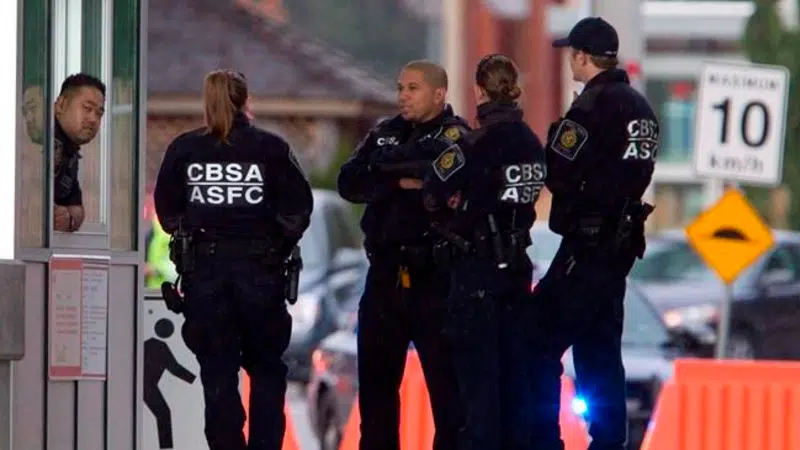
CBSA expands stunt-actor pilot project, warning those hired may get hit
OTTAWA — The Canada Border Services Agency says it plans to amend bid documents looking for stunt actors to clarify that they could get punched or kicked during training with new recruits.
The agency posted Monday looking for a company to supply actors for its training centre in Rigaud, Que., between Ottawa and Montreal.
The documents outline how the stunt actors will act out as many as 15 situations a day to help the agency assess the skills of new border agents, and warn that people hired should expect to be handcuffed, thrown, held down using “pain compliance techniques,” and hit by trainees’ fists, feet or batons.
A spokeswoman for the agency says the request for proposals, as the document is known, will be amended to let professional stunt actors know “there is a potential risk … of physical contact that cannot be entirely mitigated.”
